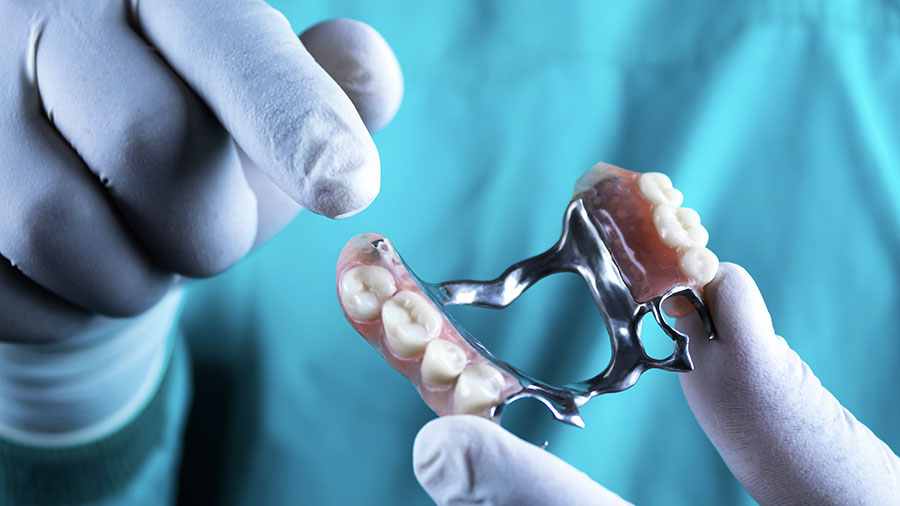Dental materials used by dentists contribute to environmental concerns that are gaining attention within the healthcare industry. Understanding the impact of these materials helps promote more sustainable practices in dental care. Dentists are increasingly considering how the products they use affect the environment while maintaining patient safety and treatment effectiveness.
Dental Materials and Their Uses
A dentist relies on a variety of materials such as amalgam, composite resins, ceramics, and metals for restorations and procedures. Amalgam, which contains mercury, has been a standard filling material for decades due to its durability. Composite resins offer aesthetic advantages but include plastic components derived from petroleum products. Ceramics and metals like gold are also widely used depending on the treatment needs. Each material presents unique environmental challenges based on production, use, and disposal processes. Understanding these factors helps dental professionals select options that balance patient care with environmental considerations.
Plastic Components in Composite Resins
Mercury used in dental amalgam has raised concerns due to its potential toxicity and environmental persistence. Improper disposal or release of mercury can contaminate water sources and harm wildlife. Many dentists follow strict regulations for handling and disposing of amalgam waste to reduce environmental risks. Advances in dental technology and regulations encourage reduced use of amalgam in favor of alternative materials. Dentists now weigh the environmental impact alongside clinical benefits when recommending treatment options.
Composite resins are popular for their natural appearance but contain plastics derived from non-renewable resources. The manufacturing and disposal of these plastics contribute to pollution and waste accumulation. Dentists are exploring newer formulations with reduced environmental footprints and encouraging patients to support recycling initiatives where possible. Balancing aesthetic demands with environmental responsibility remains a challenge in the selection of dental materials. Education about the impact of plastics in dentistry helps patients and providers make informed decisions.
Waste Management and Recycling in Dental Practices
Dentists play a role in minimizing environmental impact through effective waste management. Proper segregation and disposal of hazardous materials, recycling of packaging, and reducing single-use plastics contribute to sustainability. Many dental offices adopt green policies to limit their ecological footprint. Recycling programs for dental materials, where available, help divert waste from landfills. Dentists educate staff and patients on environmentally friendly practices, creating a culture of responsibility within the clinic.
Innovations Toward Sustainable Dentistry
Research and development in dental materials focus on eco-friendly alternatives that reduce environmental harm. Biodegradable materials, reduced mercury formulations, and less toxic composites are emerging trends. Dentists who adopt these innovations contribute to greener healthcare without compromising treatment quality.
Sustainable dentistry also includes energy-efficient equipment and digital technologies that reduce material waste. The combined efforts of dental professionals and manufacturers drive progress toward a more environmentally conscious approach.
Schedule a Dentist Appointment
Dentists have a growing role in addressing the environmental impact of dental materials. Choosing safer, sustainable options and managing waste responsibly supports both patient health and the planet. Awareness and action within dental practices promote positive change in the broader healthcare environment. Patients are encouraged to discuss material choices and environmental practices with their dentist. This dialogue helps foster shared responsibility and supports continued innovation in sustainable dental care.

